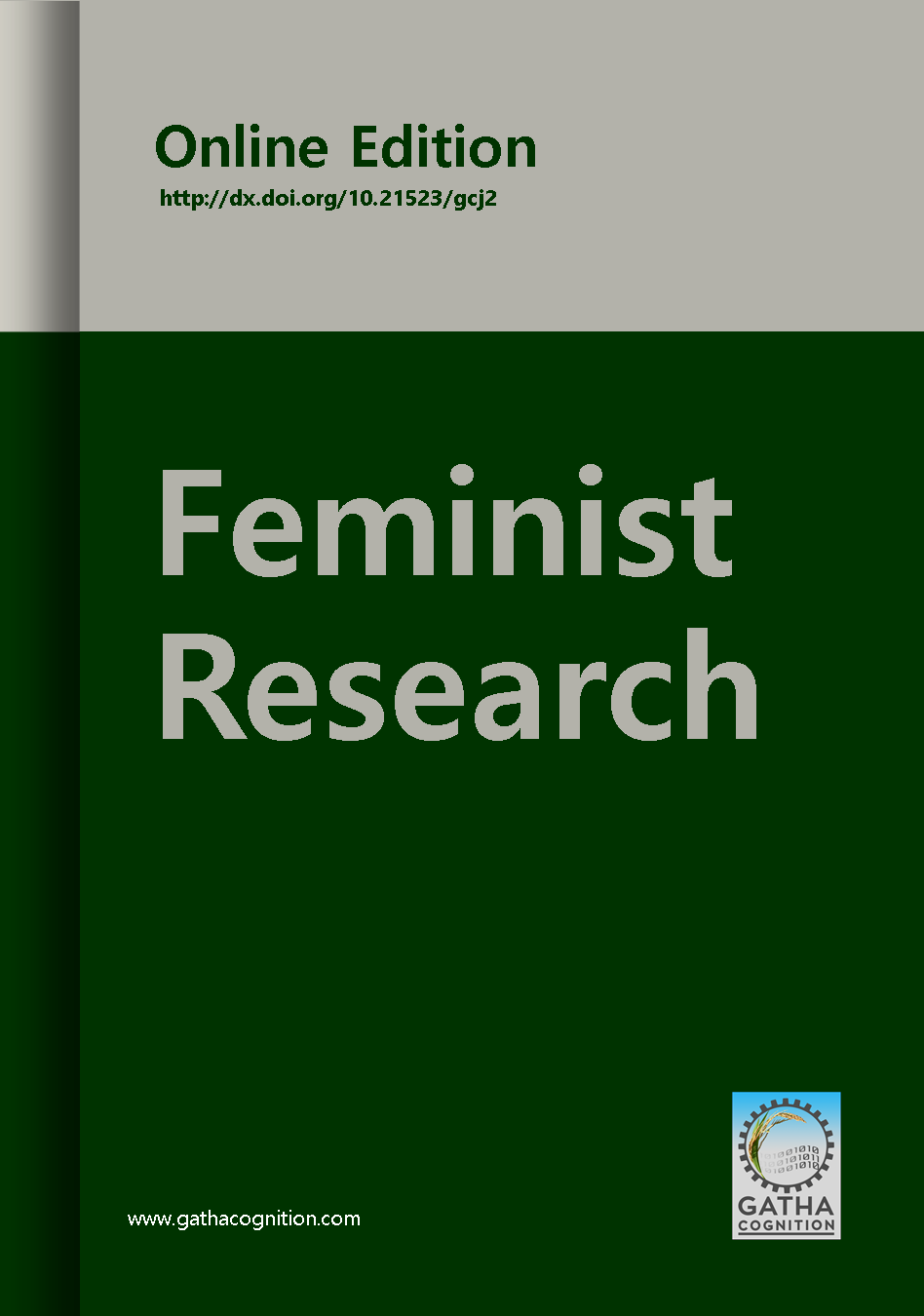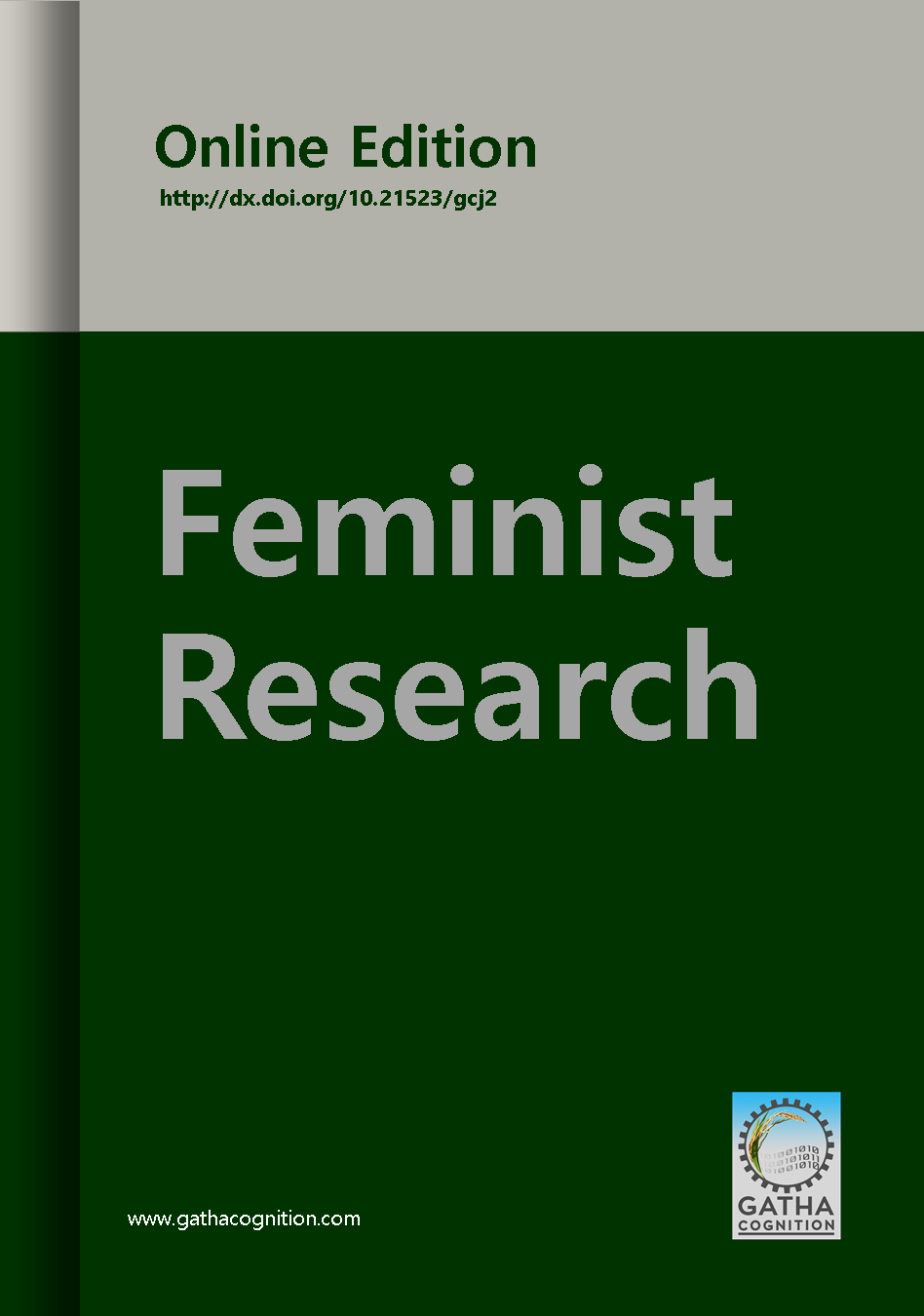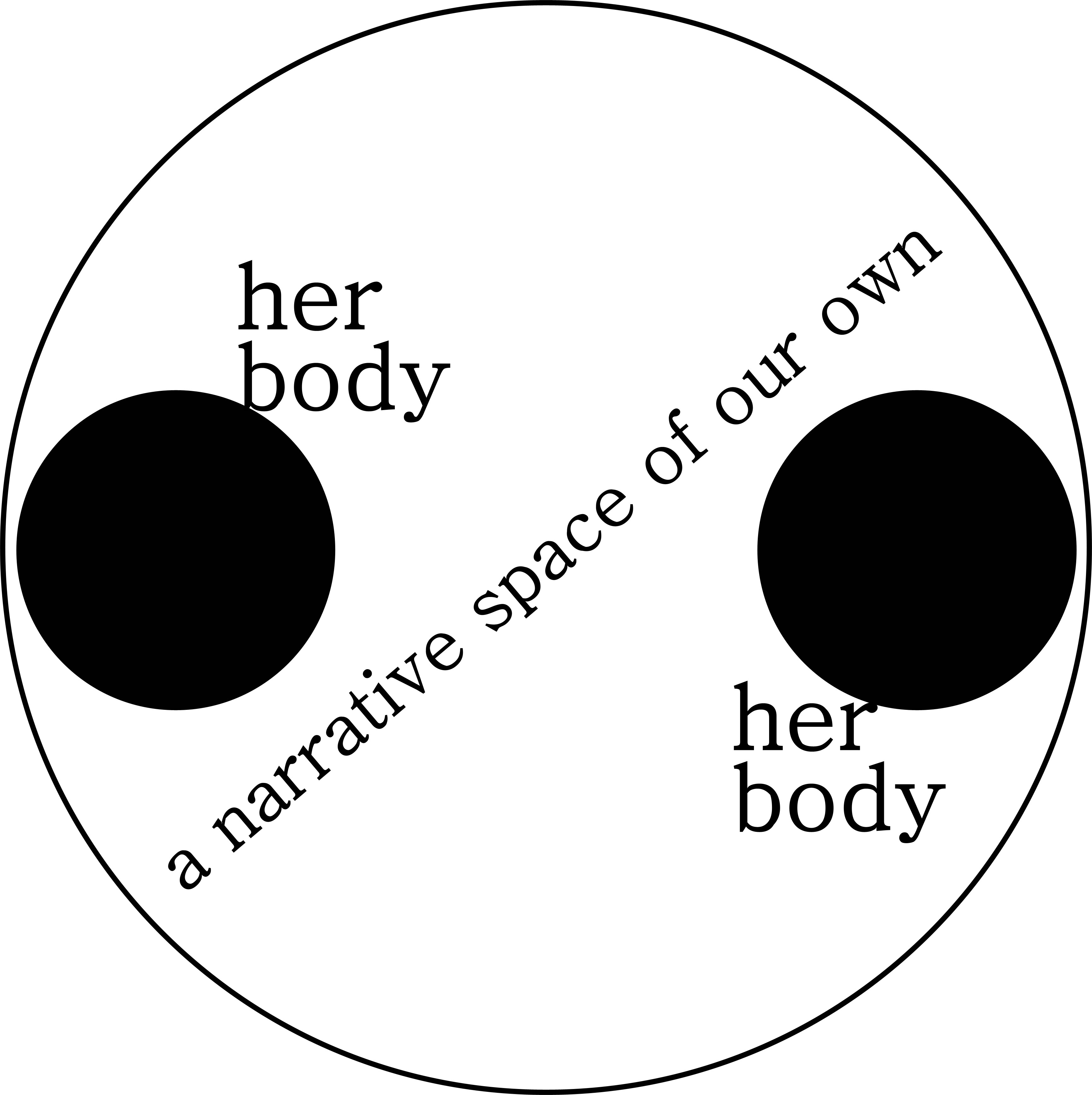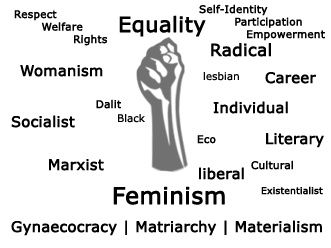1 . Editorial
Why does the world need another Feminist Research interdisciplinary journal?
Because it’s 2019 (to borrow from Justin Trudeau’s “Because it’s 2015” explanation of why half his cabinet was female).
In 2019 there is still a need to (re)claim the personal experiences of women (Rich, 1993). In the era of big data, many individual experiences are overlooked or pushed aside. The more people who agree with something, the truer it should be; the more rigorous and independent/impartial the research, the more it can be trusted. This journal challenges the popular notion of what counts as evidence.
Instead, this journal promotes ‘feminist ethics’. This involves considering power and authority and ethical issues while conducting research through a feminist lens (Hesse-Biber, 2007; Edwards and Mauthner, 2002). Feminism includes men and any other category used to describe a person who lobbies for equal rights and opportunities. To apply a feminist ethics requires, building an understanding of women’s oppression and gender processes. This is done by considering knowledge production as an exchange or dialogue that is power-ridden (not neutral), relational (not impersonal) and context-specific (Hill Collins 1991).
Through the notion of ‘asymmetrical reciprocity’ Young (1997) highlights the way authors and researchers have power over those who are studied because researchers analyze, define and interpret the data and words of respondents. These traditional accounts can be based upon hetero-normativity, androcentric or sexist framework assumptions, coercive hierarchies and knowledge systems that subordinate women and thus have not considered it important to focus on certain lines of evidence or to discern specific patterns (Wylie, 2000). The unexplored meanings that are associated with being a woman or a man frequently “glosses over histories of domination, gender and cultural differences” (De Lissovoy, 2010), and thus offers a partial view of what it means to be a non-dominant/non-majority women or men. Frye (1993) explains that feminist scholars demonstrate the shortcomings of ‘truth’ assertions and develop an alternative, corrective account.
A feminist ethics challenges the right of powerful actors to label and explain across diverse landscapes (Devault, 1999). The hidden power dynamics that structure women’s lives are exposed, and the interests and tendencies of subalterns become a central site of study in feminist ethics in order to counter the dominant group’s power to define, assert and control (Leurs, 2017). The dominant group can be men of the same culture, feminists of the same or different culture who have voice and people and governments from more affluent countries, etc. Power has many dimensions and levels to explore.
What it means to care for fellow humans/non-humans, to have rights, to live on earth, is debatable across and within categories (Engster, 2006). As McCann and Kim (2017) articulate, “it is always necessary to specify the when, where and who in feminist theory and politics”. Consequently, ‘women’, ‘gender’ and ‘feminine’ are all contested categories and require exploration and debate. By attending to dimensions that exist but are often overlooked in traditional or single disciplinary research, feminist ethics can identify new questions for research and challenge long held explanatory accounts (Hawkesworth, 2006; Rich, 2003).
By focusing on research that documents the concrete lived experiences, dependencies, risks and vulnerabilities of different kinds of men and women (especially from the global south), this journal challenges dominant cultures of knowledge production (Edwards and Mauthner, 2002; Lomax, 2015). The journal champions a cross-cultural dialogue by privileging contested knowledge from the local to the global levels (Mohanty, 1984; De Lissovoy, 2010). In order to develop a more ethically-sound epistemology, the journal seeks a nuanced position about Southern women and the roles they play in 2019.









